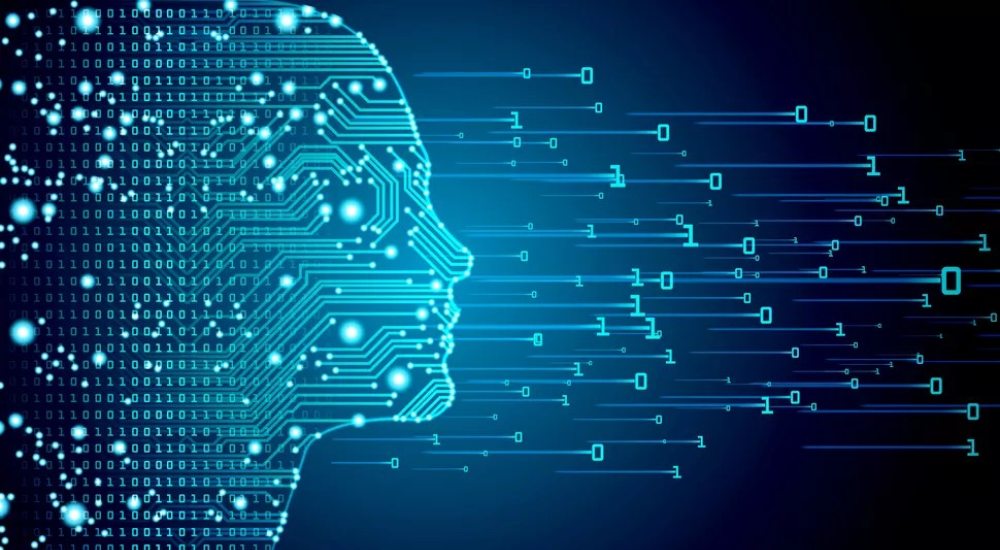Internet of Things (IoT) technology is ushering in a new era of connectivity, where smart devices can communicate and exchange data without human intervention. From smart homes to smart cities, IoT is transforming how we live, work, and manage resources. This article explores the development of IoT technology, its practical applications, and how it is shaping the future of modern life.
1. What is IoT?
IoT (Internet of Things) is a system where devices are connected to the Internet and can collect and exchange data with each other. These devices can be anything from smartphones, washing machines, to sensors in cars or industrial machinery.
- Continuous Connectivity: IoT devices are continuously connected to the Internet, allowing them to communicate with other devices or store data in the cloud.
- Data Collection and Analysis: A key feature of IoT is its ability to collect data from the surrounding environment and analyze this data to provide valuable insights or automate processes.
2. Applications of IoT in Daily Life
IoT is increasingly becoming part of everyday life, making things more convenient and efficient.
- Smart Homes: One of the most common applications of IoT is in smart homes. Devices like lights, door locks, thermostats, and security systems can be controlled through smartphones or programmed to operate automatically based on preset conditions. For example, a thermostat can automatically adjust the temperature based on user preferences or weather conditions.
- Healthcare: IoT is revolutionizing healthcare with smart wearable devices that can track heart rates, calories burned, and even sleep patterns. These devices can transmit data directly to doctors, helping to monitor health conditions and detect early signs of illness.
- Smart Traffic: IoT helps improve traffic systems through solutions like autonomous vehicles and smart traffic lights. IoT sensors can collect data on vehicle flow and optimize traffic signals to reduce congestion and accidents. Additionally, IoT enables autonomous vehicles to communicate with each other and with traffic infrastructure to move more safely.
3. IoT in Industry and Business
IoT is also making a significant impact on industries and businesses around the world.
- Smart Manufacturing: IoT is creating a revolution in manufacturing with the concept of smart factories. IoT sensors attached to machinery can monitor operational conditions, predict breakdowns, and automate maintenance processes. This helps reduce downtime and increase production efficiency.
- Supply Chain Management: IoT can track goods in the supply chain from production to delivery. Sensors can monitor temperature, humidity, and location of goods, ensuring products reach customers correctly and on time.
- Smart Agriculture: In agriculture, IoT helps farmers manage crops more effectively. Sensors can monitor soil conditions, humidity, and even sunlight levels to optimize irrigation and crop care. IoT can also be used for livestock management, tracking the health and activity of animals.
4. Benefits of IoT
IoT offers numerous benefits for individuals and businesses, improving efficiency and saving costs.
- Convenience and Automation: One of the biggest advantages of IoT is its ability to automate everyday tasks, from controlling home temperature to managing industrial equipment. This not only saves time but also reduces human errors.
- Cost Savings: IoT helps businesses optimize operations, minimize resource waste, and reduce maintenance costs. In energy management, smart energy systems can help reduce electricity consumption and lower utility bills.
- Increased Efficiency: IoT allows devices to operate continuously and optimally, improving productivity and efficiency. In manufacturing, this means less downtime, while in healthcare, it means continuous monitoring of patients without needing frequent hospital visits.
5. Challenges of IoT
Despite its potential, IoT faces several challenges that need to be addressed to ensure sustainable development.
- Data Security: With constant connectivity between IoT devices, data security becomes more important than ever. IoT devices can be vulnerable to hacking, leading to leaks of personal or sensitive business information. Therefore, strong security measures are needed to protect IoT systems.
- Standardization: Currently, there are no universal standards for IoT devices, making compatibility between devices and systems difficult. Manufacturers need to collaborate to develop common standards, ensuring IoT devices can work together seamlessly.
- Managing Large Data Volumes: IoT generates massive amounts of data from connected devices. Managing, storing, and analyzing this data is a major challenge. Businesses need powerful tools and systems to handle and extract insights from IoT data effectively.
6. The Future of IoT
IoT will continue to evolve and make a strong impact on various sectors in the future.
- Smart Cities: IoT will be the foundation for smart cities, where traffic, energy, and security systems are all connected and managed automatically. This will help improve resource management, reduce pollution, and enhance the quality of life for residents.
- Personalized Healthcare: With IoT, healthcare will become more personalized. Smart wearable devices will continuously monitor users’ health, helping to detect issues early and offer tailored treatments.
- Fully Automated Homes: In the future, smart homes will be fully automated, from adjusting temperature and lighting to restocking supplies when they run low. IoT devices will work more seamlessly, providing a more convenient living experience.
Conclusion
IoT is transforming how we live and work, bringing unprecedented convenience and efficiency. With widespread applications in various fields, from smart homes to manufacturing and healthcare, IoT promises to continue evolving and making a profound impact on the future of modern life. However, for IoT to reach its full potential, challenges related to security, standardization, and data management need to be addressed to ensure its development is both sustainable and safe.

